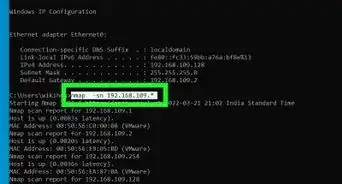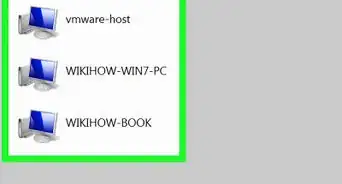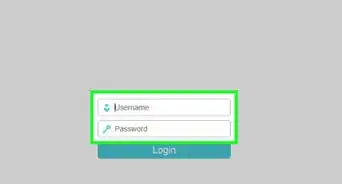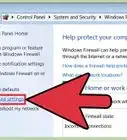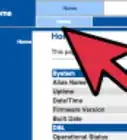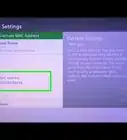X
This article was co-authored by wikiHow staff writer, Jack Lloyd. Jack Lloyd is a Technology Writer and Editor for wikiHow. He has over two years of experience writing and editing technology-related articles. He is technology enthusiast and an English teacher.
This article has been viewed 291,359 times.
Learn more...
This wikiHow teaches you how to turn off your Wi-Fi router's firewall. Keep in mind that doing this may increase the risk of encountering virtual intruders and malware in your network.
Steps
Part 1
Part 1 of 3:
Finding Your Router's IP Address (Windows)
-
1Open the Start menu. To do so, either click the Windows logo in the bottom-left corner of the screen, or press your computer's ⊞ Win key.
-
2Type cmd into Start. You should see the Command Prompt icon, which resembles a black box, pop up at the top of the Start window.Advertisement
-
3Right-click the Command Prompt icon. Doing so will invoke a drop-down menu.
-
4Click Run as administrator. This option will allow you to request information about your computer's network that only an administrator account can view.
- If you're on a guest, shared, or school account, you won't be able to access the administrator version of Command Prompt.
-
5Click Yes when prompted. After doing this, Command Prompt will open.
-
6Type ipconfig /all into Command Prompt. This command forces command prompt to display the addresses of all connected networks.
-
7Press ↵ Enter. Doing so will run the "ipconfig" command. You should see several sections of text appear.
-
8Locate the "Default Gateway" number. You'll find this option under the "Wireless LAN Adapter Wi-Fi" heading. The number listed to the right of this category is the router's IP address.
- The number should look something like this: 123.456.7.8
-
9Write down your router's IP address. Once you have this number, you're ready to proceed with disabling your router's firewall.
Advertisement
Part 2
Part 2 of 3:
Finding Your Router's IP Address (Mac)
-
1Click the Apple icon. It's in the top-left corner of your Mac's screen. Doing so will open the Apple Menu.
-
2Click System Preferences. You'll see it near the top of the drop-down Apple Menu.
-
3Click Network. This is the purple, globe-shaped icon in the third row of options.
-
4Click Advanced. It's a button near the bottom-right side of the window.
-
5Click TCP/IP. This tab is at the top of the Advanced window.
-
6Locate the "Router" number. The number listed next to "Router" on this page is the router's IP address.
- The number should look something like this: 123.456.7.8
-
7Write down your router's IP address. Once you have this number, you're ready to proceed with disabling your router's firewall.
Advertisement
Part 3
Part 3 of 3:
Disabling Your Router's Firewall
-
1Enter the router's IP address into your browser. To do so, click the URL bar at the top of the browser window to select its current contents, type in the "Default Gateway" or "Router" number exactly as it appeared, and press either ↵ Enter (PC) or ⏎ Return (Mac).
-
2Enter your router's password if prompted. Normally, you won't have to enter your router's password if you're accessing its page via the IP address.
-
3Locate and click the Advanced Settings option. This button's location will vary depending on your router's brand.
- For some router pages, this option might just be called "Settings".
-
4Locate and click the Firewall option. Again, this option's location will vary depending on your router, but it will typically be in the "Firewall" section of the Settings area.
-
5Click Disable. By default, your router's firewall should have a checkmark in the Enable box, so clicking Disable will switch your router's firewall off.
- This option may also say Off.
-
6Click OK if prompted. Doing so will disable your router's firewall, though you can turn it back on at any time from this page.
Advertisement
Community Q&A
-
QuestionHow can I locate a hidden wi-fi connection and router IP addresses?
 Community AnswerIf you have not already joined it, join it. Then you can get your router's IP address using the steps in the article.
Community AnswerIf you have not already joined it, join it. Then you can get your router's IP address using the steps in the article. -
QuestionHow do I get to my router settings?
 Community AnswerEvery internet company has their own router control IP. Enter the given IP in your browser and the router options will be opened. To get this IP for your router, it's best to call your internet provider. You may also be asked for a login ID and password, so it's best to call them and check first.
Community AnswerEvery internet company has their own router control IP. Enter the given IP in your browser and the router options will be opened. To get this IP for your router, it's best to call your internet provider. You may also be asked for a login ID and password, so it's best to call them and check first.
Advertisement
About This Article
Advertisement


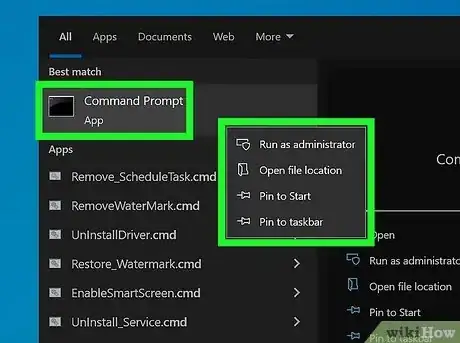
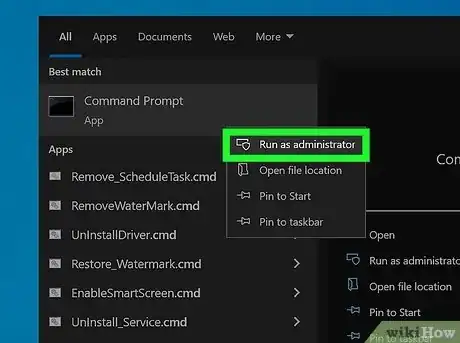

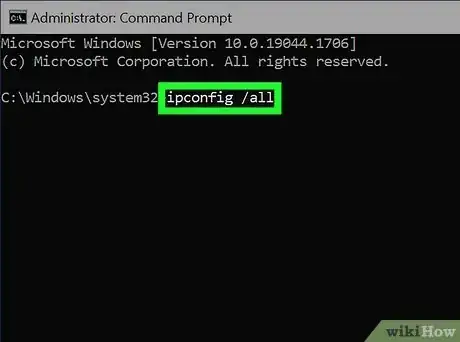
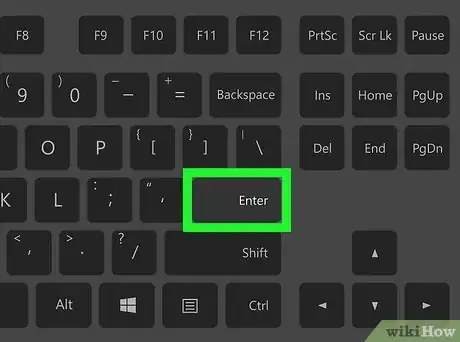
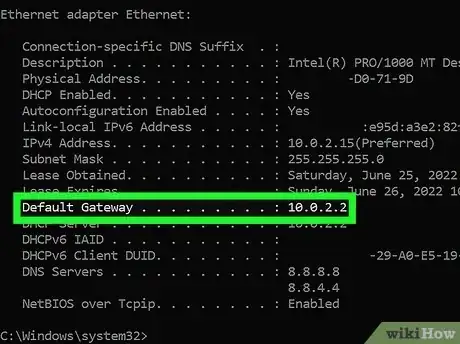
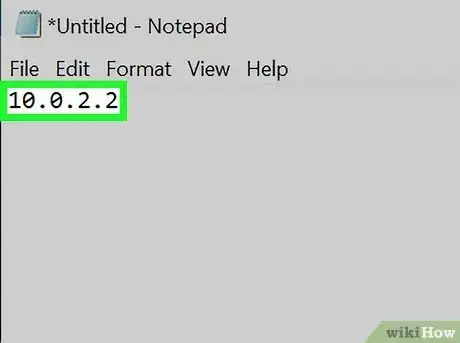
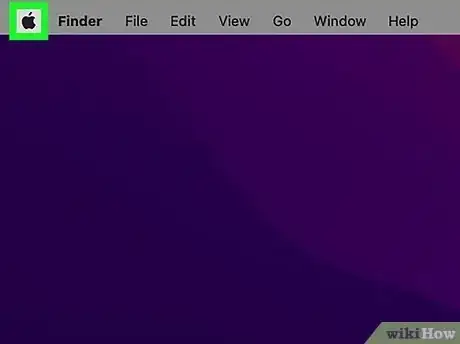
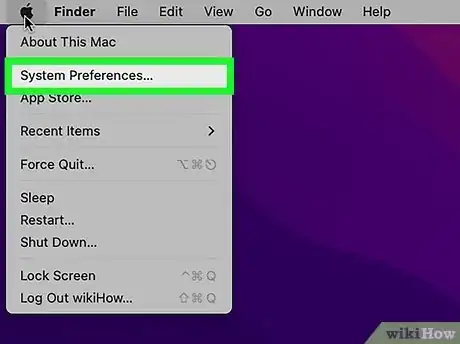
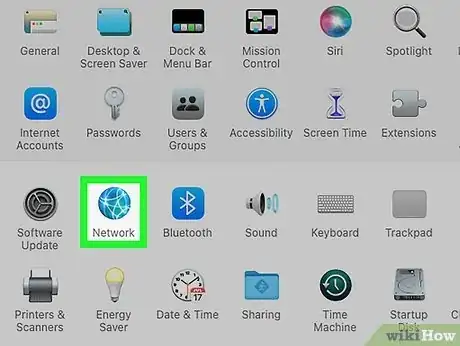
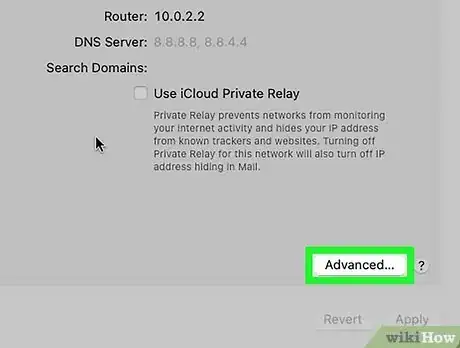
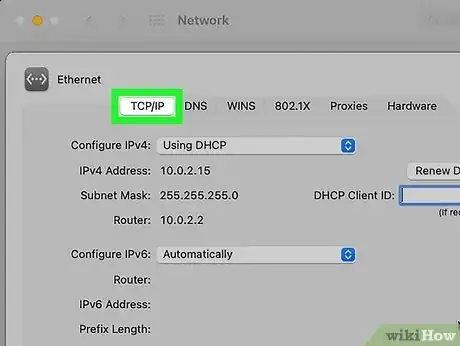
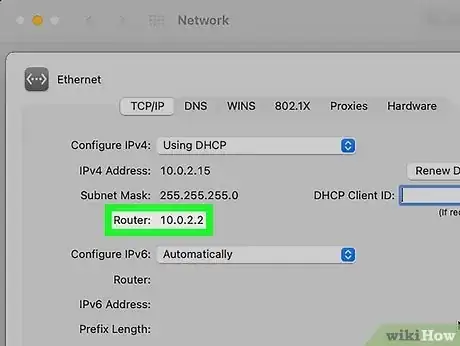
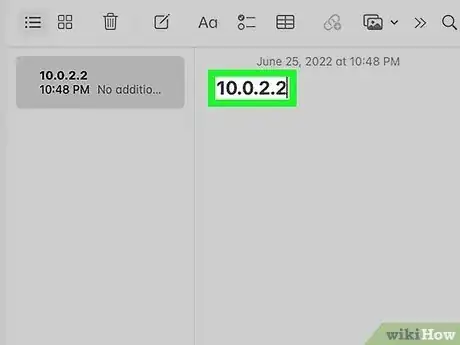
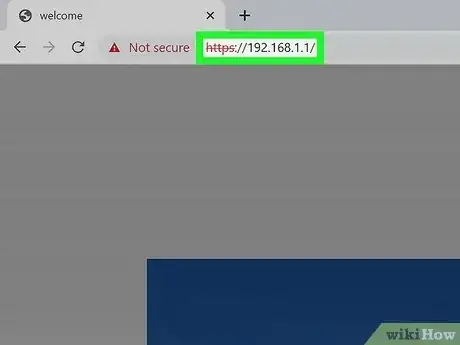
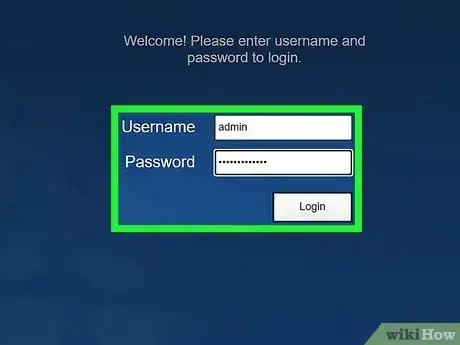
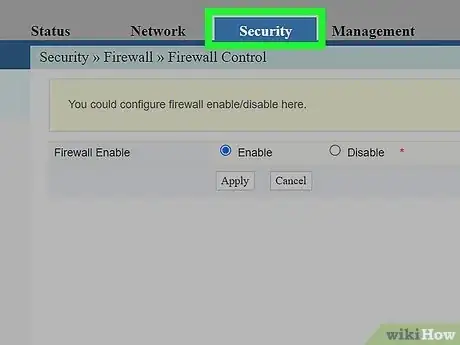
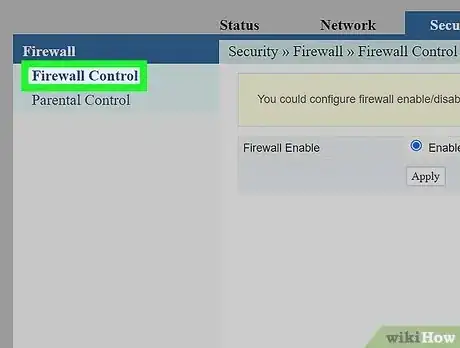
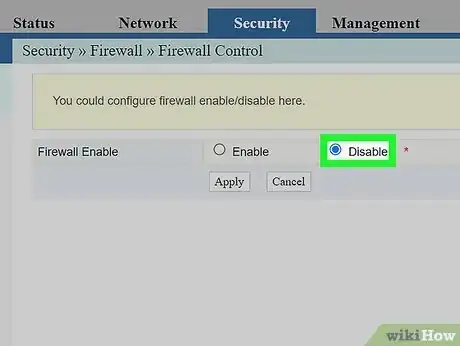
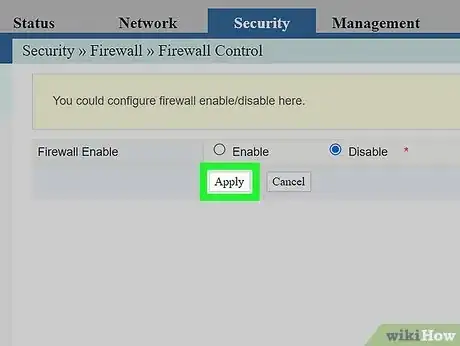
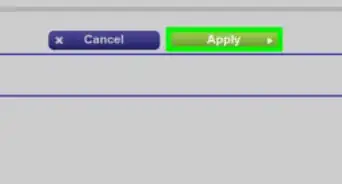
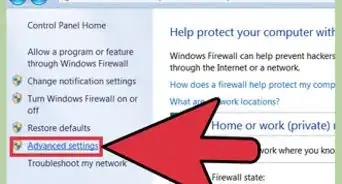
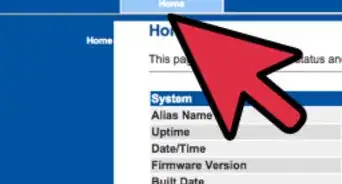
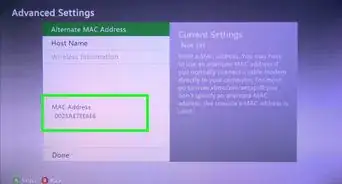



-Step-26-Version-2.webp)
